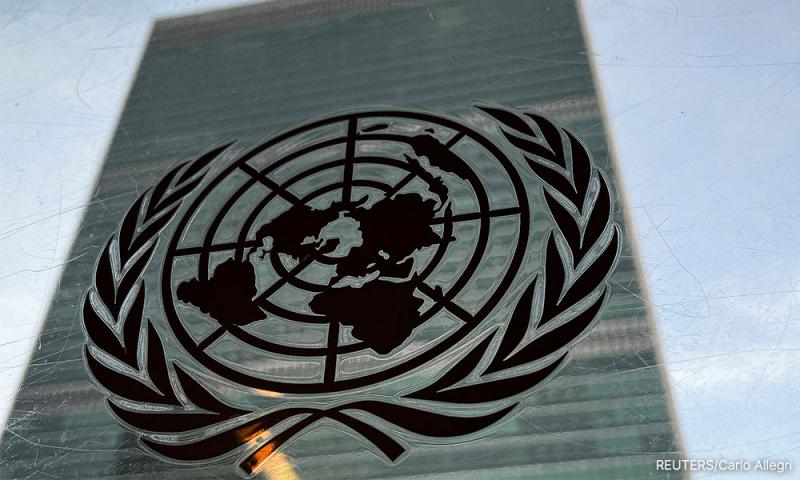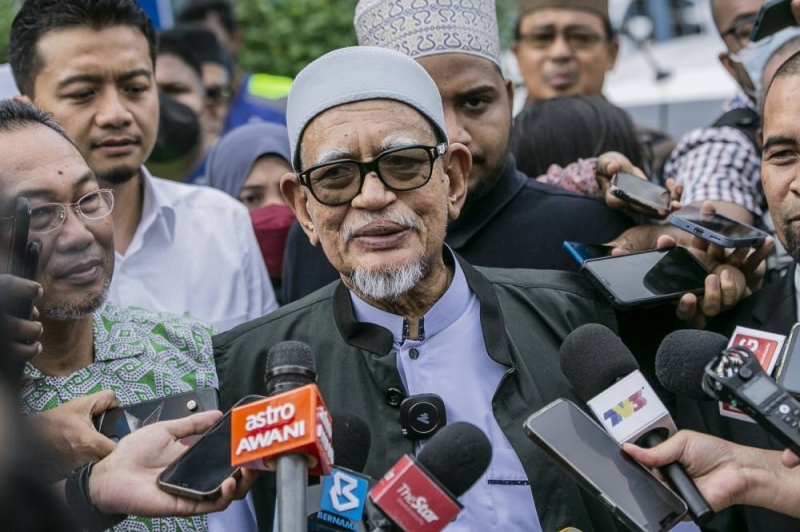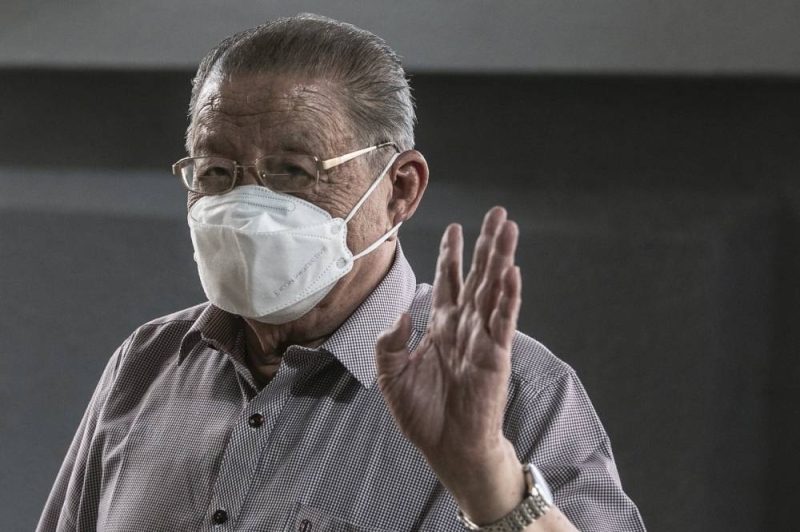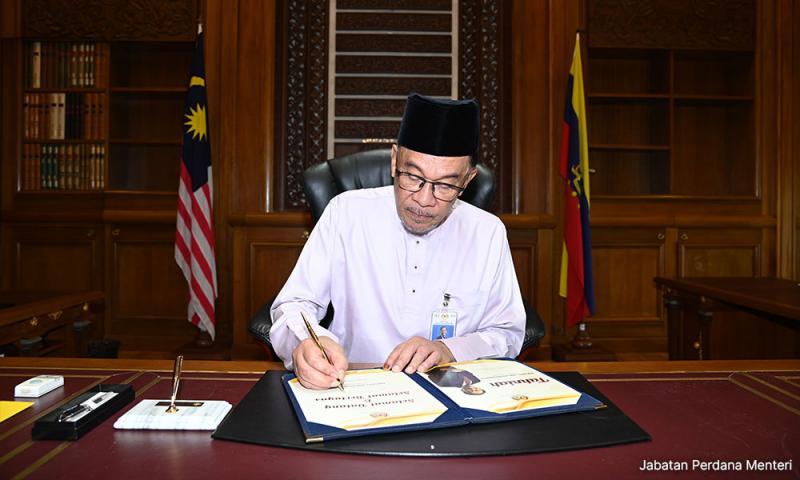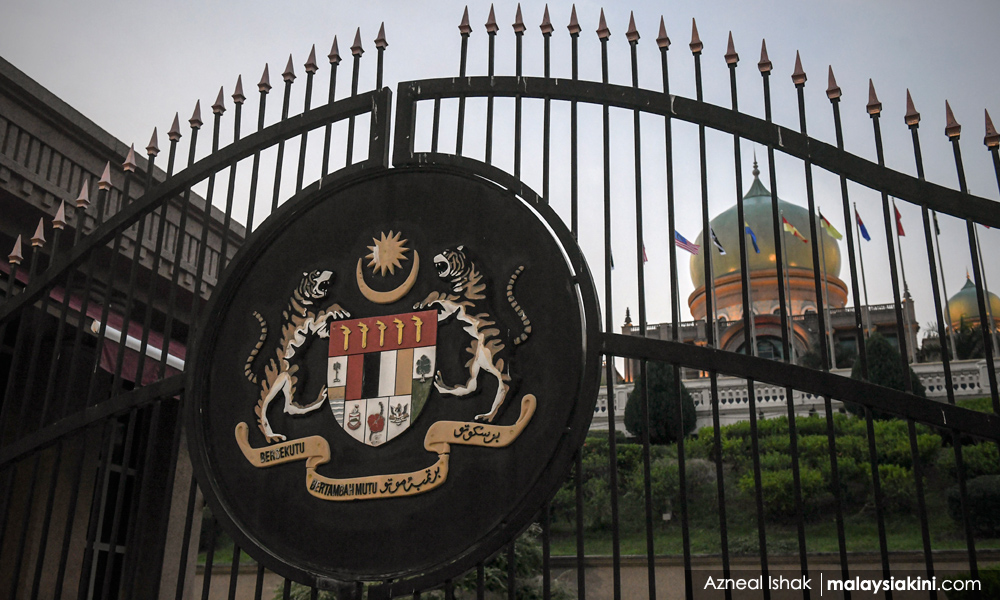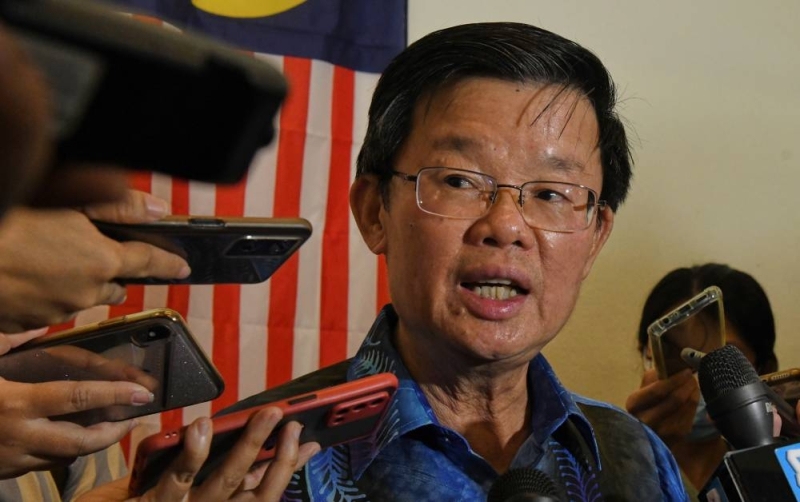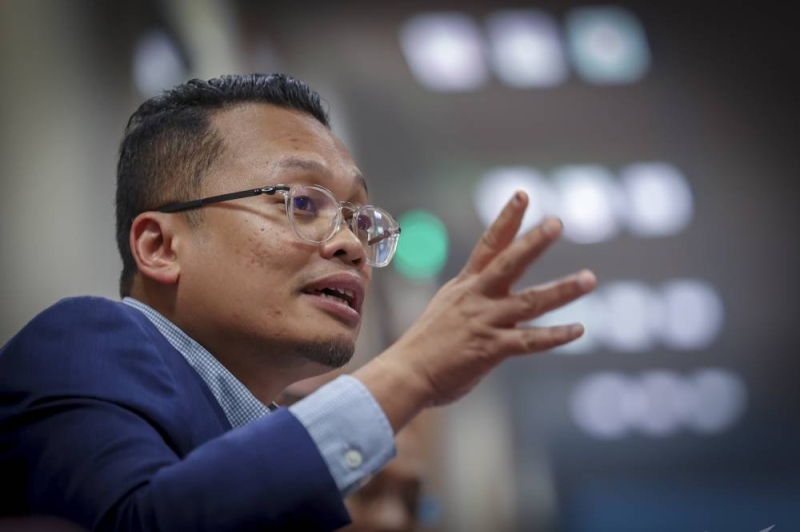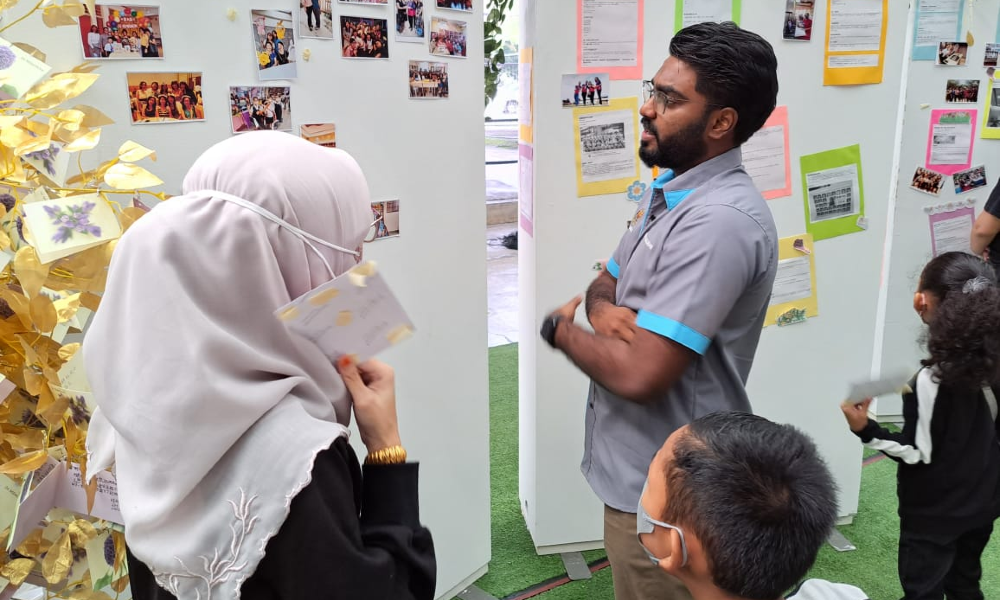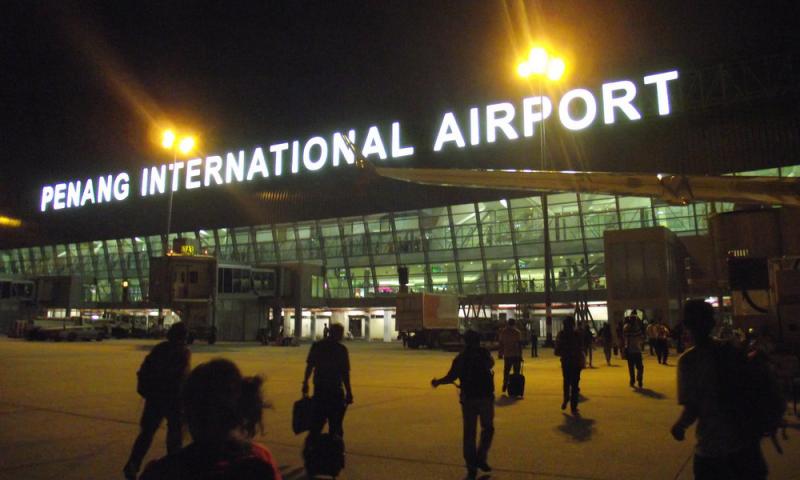al Jazeera:
Explosions heard in central Kyiv
Ten explosions were heard in the centre of Ukraine’s capital as air raid sirens sounded nationwide.

Kyiv Mayor Vitaliy Klitschko confirmed that explosions could be heard in the city in a post on the Telegram app [File: Evgeniy Maloletka/AP Photo]
Published On 31 Dec 202231 Dec 2022
Explosions have rocked the Ukrainian capital amid air raid sirens across the country. At least 10 explosions were heard in the centre of Kyiv, according to officials.
Kyiv Mayor Vitaliy Klitschko confirmed that the blasts were heard in the city on Saturday in a post on the Telegram app.
KEEP READING
The governor of the surrounding Kyiv region also warned shortly beforehand of a possible missile attack and said air defences in the region were engaging targets.
Russia fighting to protect ‘motherland’
Meanwhile, President Vladimir Putin said Russia would never give in to the West’s attempts to use Ukraine as a tool to destroy his country. In a New Year’s video message broadcast on state TV, Putin said Russia was fighting in Ukraine to protect its “motherland” and to secure “true independence” for its people.
Earlier, Russian Defence Minister Sergei Shoigu said his country’s victory in Ukraine was “inevitable” in a New Year’s message to servicemen, as Moscow’s military campaign grinds through its 11th month.
“In the coming year, I want to wish everyone good health, fortitude, reliable and devoted comrades … Our victory, like the New Year, is inevitable,” Shoigu said in the video address released by the defence ministry.
Shoigu said in the outgoing year “we all faced serious trials” and that the New Year comes during a “difficult military-political situation”. Russian troops have suffered a string of setbacks on the ground over the past months, with the Kremlin in September announcing the mobilisation of 300,000 reservists to join the fighting.
SOURCE: NEWS AGENCIES
